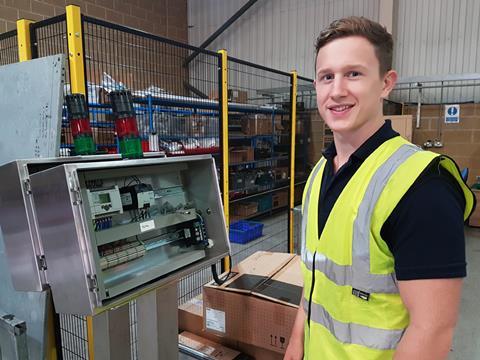
Name: Josh Strauss
Age: 23
Job title: Graduate Software Development Engineer
Company: OAL (Olympus Automation Ltd), Peterborough
Education: BEng (Hons) in Electrical and Electronics Engineering, Manchester Metropolitan University
What made you interested in food manufacturing?
I was drawn to areas such as control and automation, programming and electronic systems design – all areas prevalent within food manufacturing
I chose a career within the food industry as throughout my time at university I was particularly drawn to areas such as control and automation, programming and electronic systems design – all areas that are prevalent within food manufacturing. It just seemed to suit what I was studying, what I enjoyed and where I could see myself in the future.
Explain your job to us in a sentence (or two)
I work for OAL developing software for our system for food manufacturers. The software I work with is installed on over 1,100 packaging lines in the UK and Europe, and helps factories avoid human errors such as incorrect dates, packaging or promotional labels. I support the development of existing code and the implementation of new software for additional features factories ask for, like paperless quality assurance.
What does a typical day look like for you?
A typical day can vary across all aspects of the software development cycle. Steps include initial planning, testing and analysis of the code right through to visiting customer sites across the UK to assist in the commissioning of OAL’s systems. The hours can vary a lot too. If I’m developing code, it’s your normal 8:30 to 5 day, but, when we’re commissioning, a lot of the plants have very short windows we can work in – sometimes in the middle of the night.
Tell us about how you went about applying for your job.
It was pretty straightforward. There were two initial assessments: a psychometric profile and a general intelligence assessment. After passing them, I was invited for an interview. I had previously done a summer placement at OAL and I think this experience definitely gave me the edge when applying for their graduate programme.
What’s the best part about working in the food industry?
Working within a fast-paced, innovative sector and developing code for state-of-the-art equipment for food manufacturers.
What’s the biggest misconception people have about working in the food industry?
That you get free food every time you go to a site. Unfortunately, it is a rarity now.
What advice would you give to other young people looking to get into the food industry?
Try to gain an insight into multiple areas and functions as there are lots of areas within the food industry to go into.
Get in contact with food manufacturers or companies involved in the food industry to ask for some work experience or a placement. Try to gain an insight into multiple areas and functions as there are lots of areas within the food industry to go into. The more experience you have, the better chance you have of going down the path that is right for your career.
You work in a pretty cutting-edge field. What do you see as the future of automation in the food industry?
We’re moving towards fully automated, lights out food factories and there are many areas that will change. For me, artificial intelligence will play a key role: for instance, AI will both diagnose and repair system errors in the code without human intervention.
What’s your ultimate career dream?
Free healthy food for everyone thanks to a fully automated sustainable supply chain!



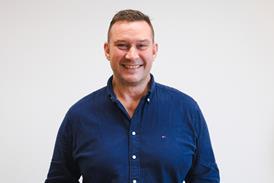
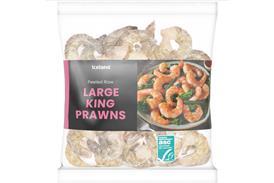


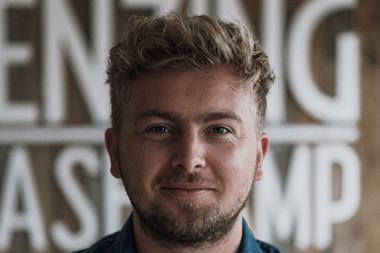

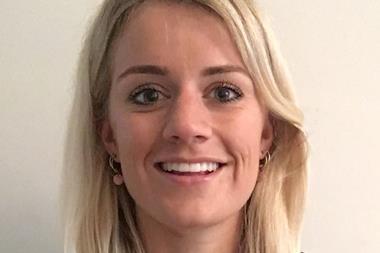
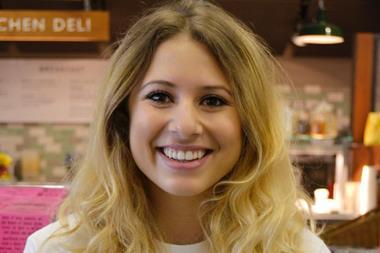
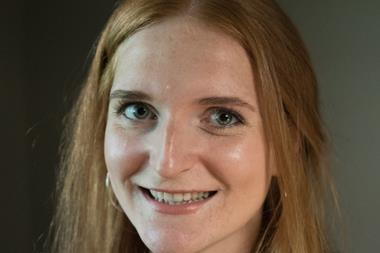
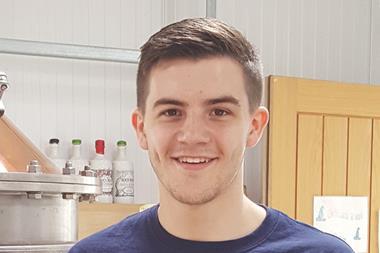
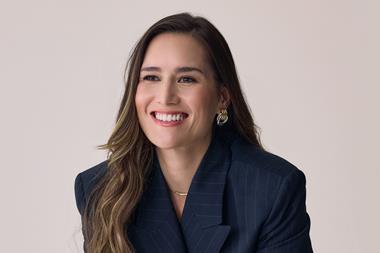
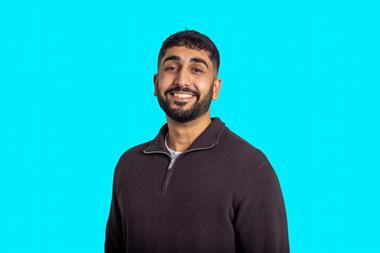
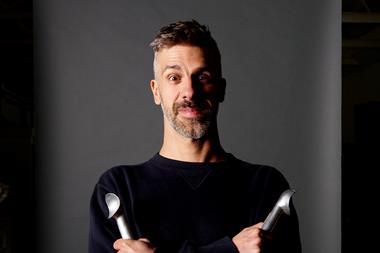
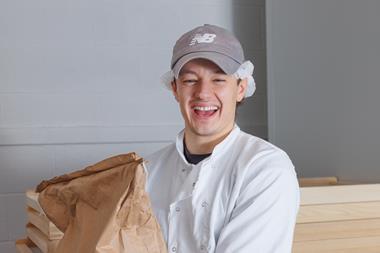
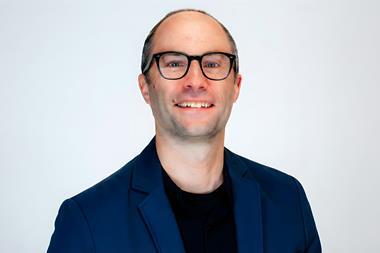
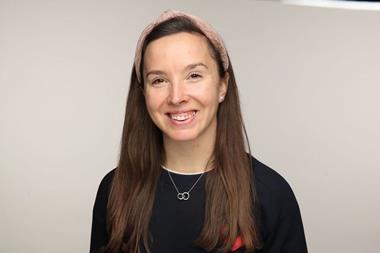
No comments yet